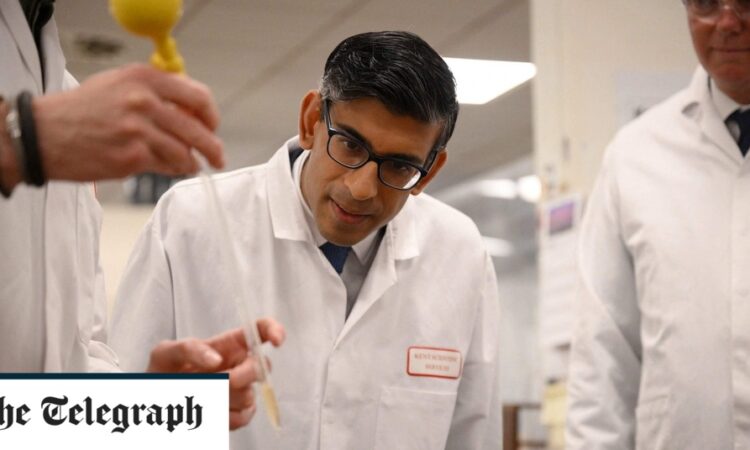
Second, and perhaps more importantly, the programme is a bureaucratic nightmare with, as a consequence, an increasingly dismal record on innovation.
Europe is now falling behind on science and technology: the number of patents filed on the Continent has dropped. In China, it is soaring. The EU made around 190,000 patent applications in 2021, compared with roughly 1.6 million for China and 600,000 for the US. The EU total was fewer than Japan chalks up by itself.
Meanwhile, the Continent is lagging in key areas such as artificial intelligence, with much of the ground-breaking research done in the US and China. And its ability to turn science into commercial projects has deteriorated.
Across the Continent there are few examples of universities spinning out research into new business in the way that Stanford, MIT, and increasingly the leading universities in Shanghai and Beijing do.
We may be assured that the Horizon programme is integral by those who have lobbied for us to join, but this isn’t borne out in actual results.
Funding for science is a worthwhile endeavour. But should it be supervised by a group of unelected EU technocrats? Or would they be at risk of backing those able to play the system rather than genuine innovators? Might they support EU scientists, and projects aligned with EU policies and priorities, over those based in Brexit Britain?
It is not uncommon for these sorts of programmes to favour certain areas, nor to hand out money based on past credentials or connections.
This may be done at the expense of projects which are more interesting or original. Committees often like to play it safe; but the best scientific developments can be radical and alchemistic.
Outside the EU, the UK needs to create and enhance new science and technology-based industries if it is to prosper.
There is nothing wrong with rejoining Horizon. But we need to be careful about how it is done, and make sure the money is well spent.
The Government had previously agreed that if UK researchers received less than 12pc of what the UK put in, we could terminate the agreement. The figure for other associate members is 8pc, and ministers here have been right to want to narrow this discrepancy.
A spokesman for the Prime Minister has said Sunak is keen to seek “value for money for taxpayers”, and he is quite right.
The suggested UK contribution of £2bn a year is not insignificant. We should ask whether, instead of handing over vast chunks of money to Brussels, we could back the mavericks on UK soil – in our universities and beyond.






